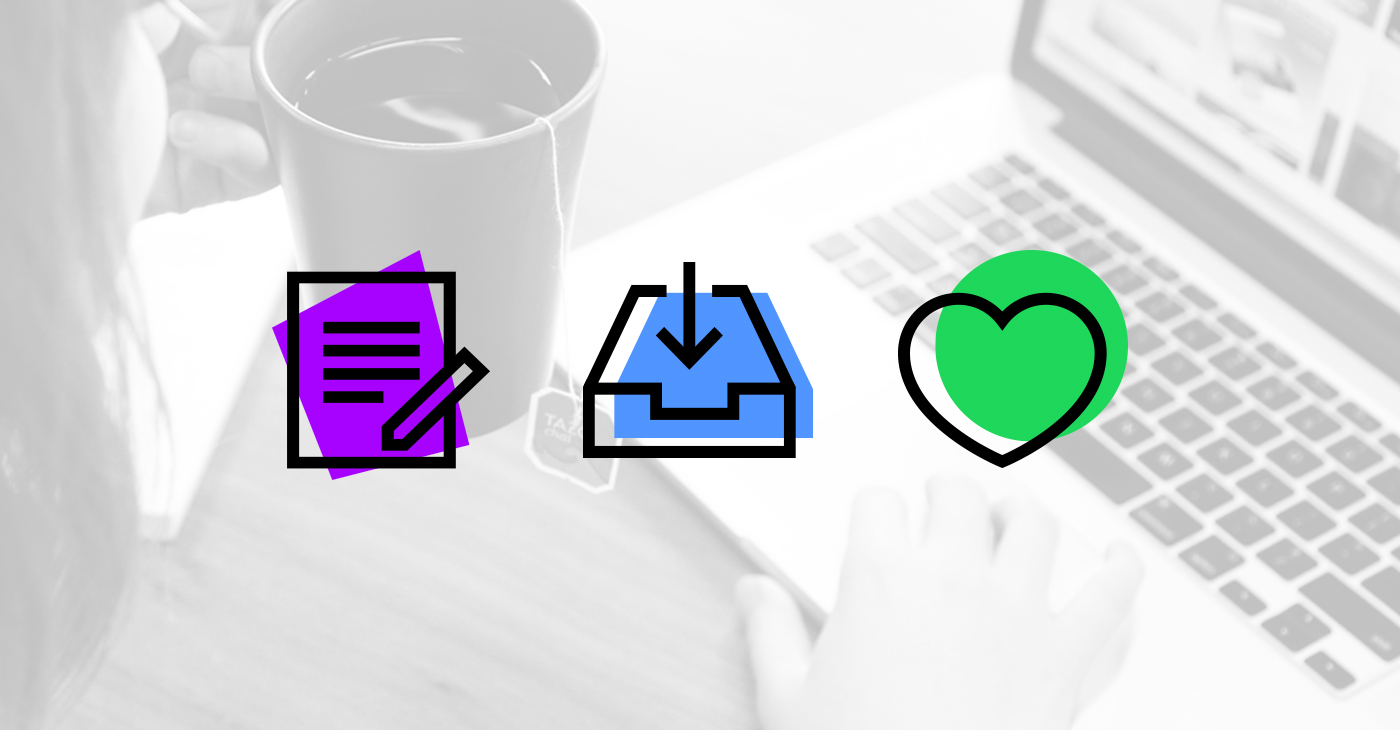Recently, something happened in So Cal that turned my work from home days entirely upside down. What was it? Fires. Lots of them. Within a 14 mile radius of my neighborhood, close to a dozen fires burned, while the temperature climbed almost 100 degrees, making working from home in my air condition-challenged abode almost impossible.
So I weighed my options. The first was going into the office to work. This was quickly shot down. Both freeways that would take me there were shut down because of fires, with one fire creeping up to a partially defunct nuclear power plant that sits next to my go-to freeway. The second option was to “voluntarily evacuate” and find a cool place with WiFi to continue finishing my work.
As I gathered my stuff to find that cool, quiet, work-friendly destination, I took a large backpack and stuffed it with snacks and other essentials. Even though I was never able to find a good place to work (coffee houses were packed, cooling centers had no WiFi, even McDonalds was chaotic), I did learn what items to take when I had leave my home in a flash. Here they are:
1. An extra battery, extra laptop, or wireless keyboard. Admittedly, if you have a Mac, you definitely do not have an extra battery lying around. In this case, bring a lightweight, fully-charged backup laptop. For PC owners, get an extra battery. Look for discounts on Amazon for the best deals. A last and worst case scenario is to bring a Bluetooth keyboard for your tablet (or phone). You’ll work slower, but you will be able to get some things done.
2. Loose change/money. When I realized I was probably going to be parked at a Starbucks for hours, I brought enough cash to buy a cup of coffee, snack or other item every few hours, just to make the employees happy. One thing I did forget, though, was change for a parking meter. It was easy to think that every place I went was going to have free parking, but when my normal options fell apart, I found a potential workspace off a street that had nothing but parking meters. I scrounged the coins together and bought some time, but I quickly learned that having a few bucks in quarters would have made my life so much easier.
3. Medications. Even after passing five or six ugly plumes of dark smoke, I still expected to go out, work, and go back home. After driving around for several hours, I noticed a few new fires sprout up that were close enough to my house to make me nervous. What happens when you leave and come back, only to find that your neighborhood has been evacuated while you were gone and you can’t go back to get your stuff? For this reason, bring your medications with you. You never know when you’re not going to be able to go back home and get them.
4. A charging cable for your phone. If you still have cell phone service when disaster strikes, remember that your mobile is going to be your lifeline. Not only will you be able to call for disaster info, but reach out to your family, friends and co-workers. If you’re lucky, your manager will probably emphasize your situation and let you skip meetings or cancel them altogether. However, if you have a standing meeting that just can’t wait, keep your phone charged so you can Skype from your car.
5. A piece of paper with essential information. During the 9/11 attacks, I had the unbelievable misfortune of staying with my in-laws in New York City. As soon as the towers were hit, land lines and Internet was out, and mobile phone service was spotty. My parents back in California were in a total panic, and I just needed to make one call to let them know I was okay. The problem? I forgot their phone number. Any time you leave your home, disaster or not, bring a paper with important info. This should not just include phone numbers, but names of your medications, addresses of friends, and maybe even your bank account and routing number (self-encrypted, of course). Oh! And don’t forget a bank statement. When electronics are down, some shop owners might be reluctant to let you buy things, but having a recent bank statement that shows you actually have money in your account might persuade them sell you goods.
Whether it’s a monsoon, flood, earthquake, fire or Sharknado, you should still be well prepared to be away from your home for an extended period of time. And whether or not you have everything you need to get through the day (or days) will make all the difference in how you handle being stranded somewhere else.









